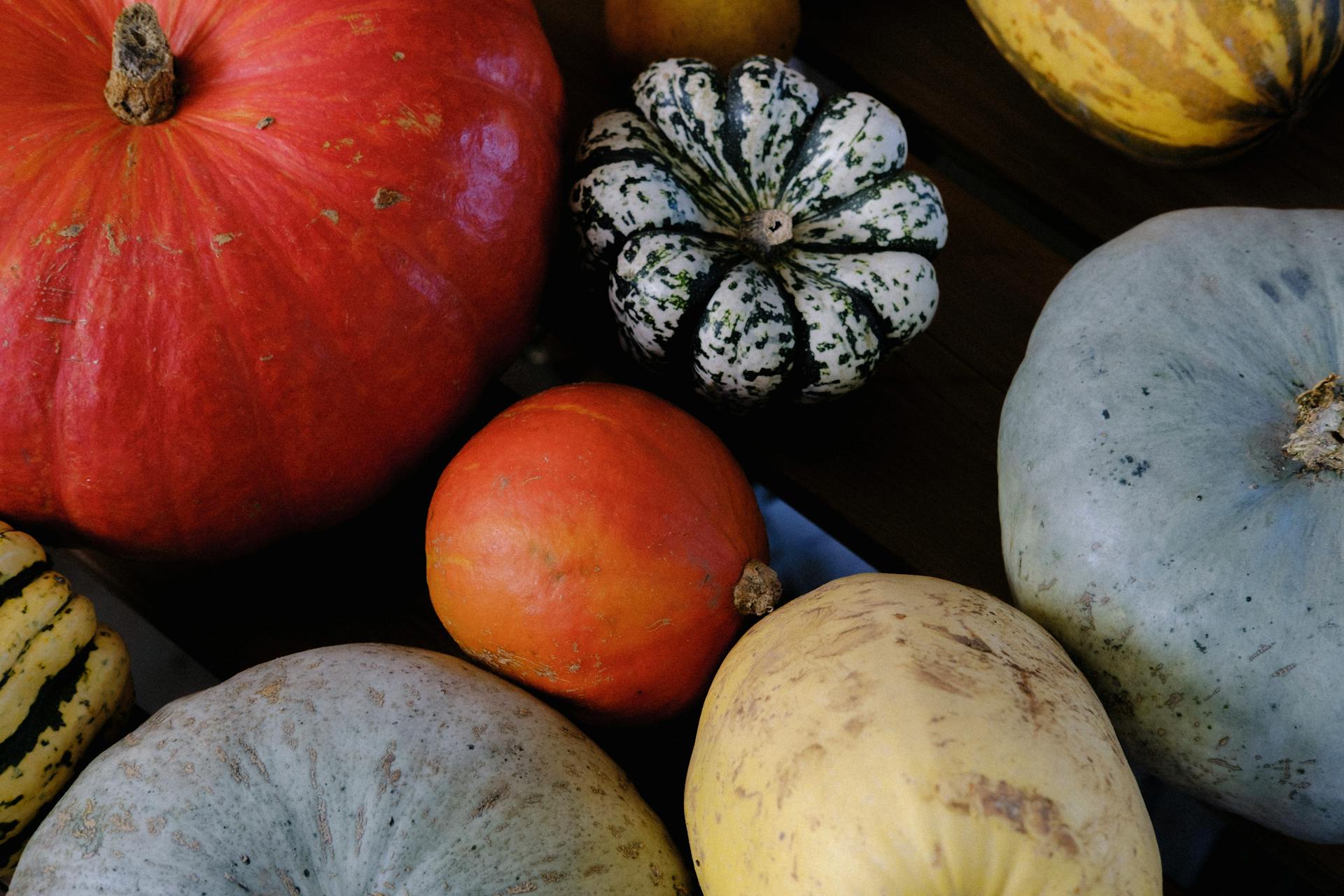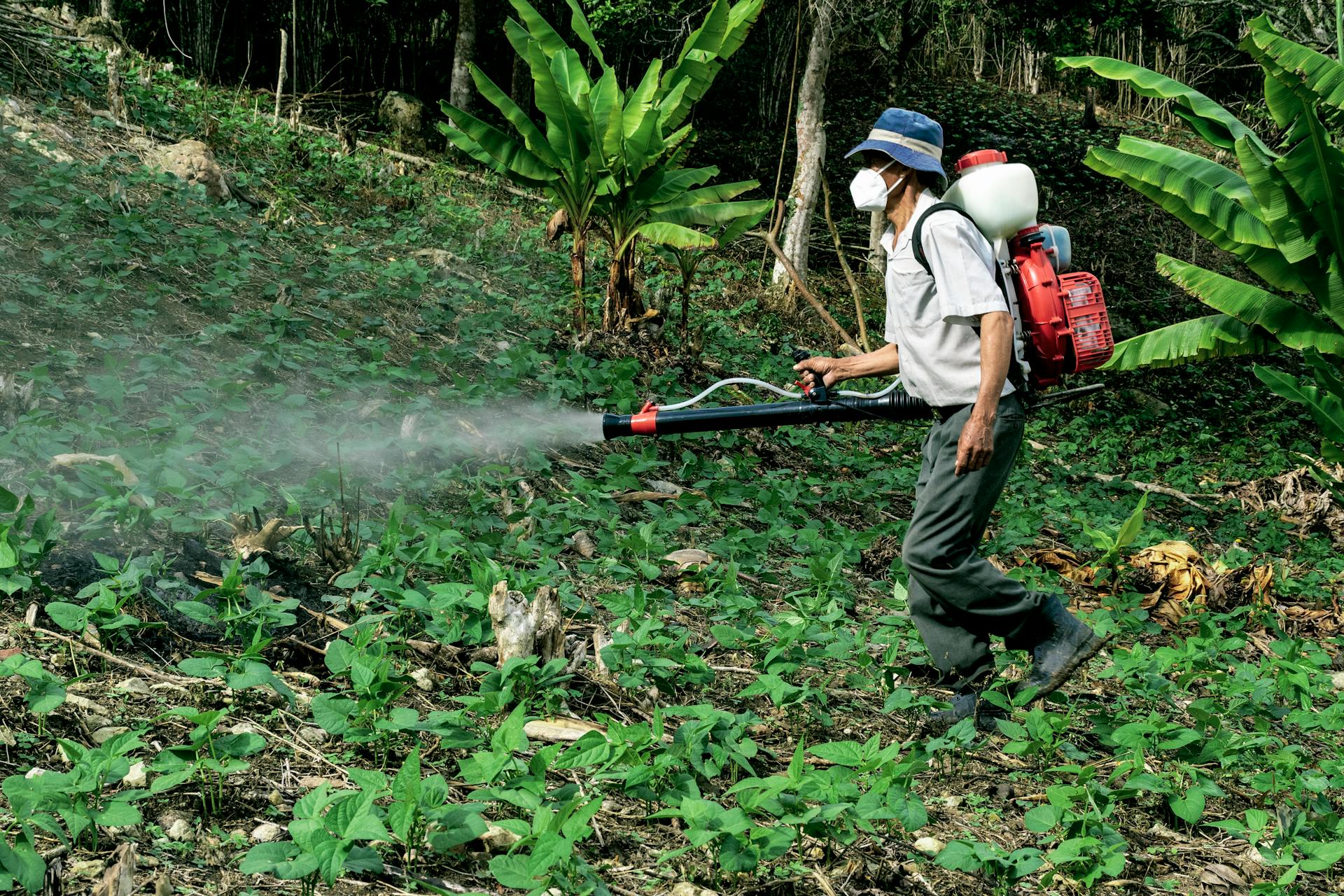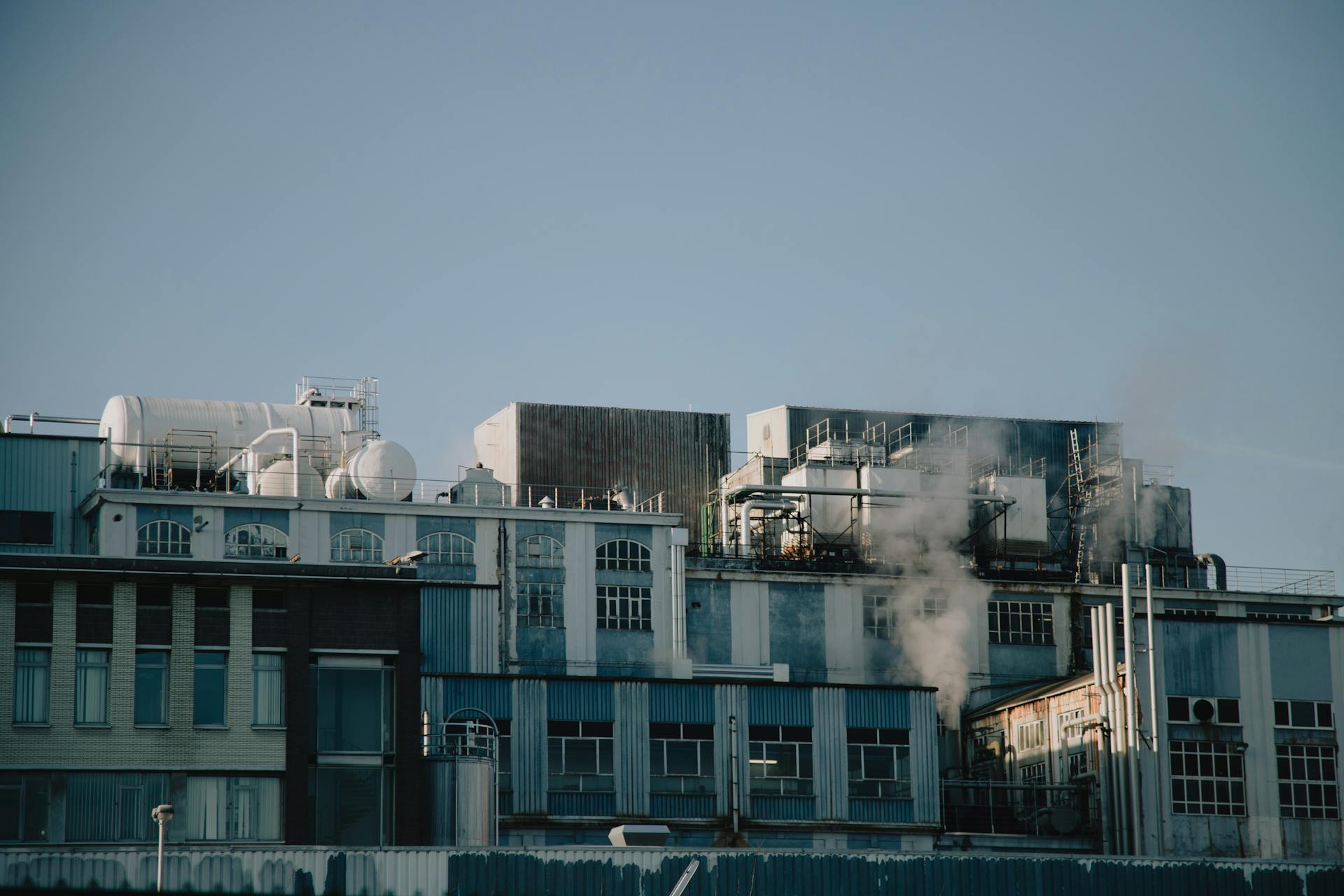
Monoculture farming, one of the modern agricultural terms, refers to a crop specialization monoculture that ag involves planting only a single crop, typically of the same variety. This strategy benefits farmers by reducing costs and increasing yields. The primary aim is to boost profitability by maximizing productivity from a distinct crop. However, this contrasting method has significant negative drawbacks that potentially jeopardize not only the entire economy but also the ecological system.
The devastation of monocultural farming has been seen in many industrialized regions, where single-species crops like wheat or barley dominate vast fields. Vegetable crops in commercial modern agriculture are also commonly grown using monoculture methods. The principle belief among monoculture farmers is that growing a single crop boosts profitability, but it comes at a cost: widespread crop failure due to pests or diseases can have catastrophic consequences for entire economies. This happened due to high-yield varieties making crops more susceptible to harmful organisms that attack and destroy them within the monoculture system. Moreover, synthetic fertilizers, herbicides, insecticides and bactericides are used as synthetic chemicals attempt to prevent damage from weeds and insects, but they leave traces in plants intended for human consumption and damage natural elements provided by the ecosystem.
Discovering the Meaning of Monoculture Farming

Monoculture farming is a method of agriculture that involves growing only one type of crop species on a single farm. This practice, also called monocropping, can be found in many parts of the world and has been used for centuries. The goal of monoculture farming is to maximize the yield of a single crop by providing it with all the necessary nutrients and conditions for continuous growth throughout the growing season.
However, this type of farming has several disadvantages. One major drawback is that monoculture farms concentrate all their efforts on a single crop, leaving no room for additional crops or livestock farming. This means that if there is any problem with the main crop, such as disease or drought, the entire farm will suffer. Additionally, monoculture farming often involves factory farming where animal cruelty may occur.
Furthermore, technically operating a monoculture farm only involves growing one type of plant species but it goes beyond just plants. Monoculture farms also include livestock like dairy cows, chickens and pigs which are raised solely for meat production. This kind of concentration can lead to environmental problems like soil depletion and erosion due to lack of variety in vegetation on farmland.
An Introductory Guide to Monoculture
What is monoculture? Monoculture is an agricultural practice where only one type of plant is grown on a large scale in a specific area. For example, imagine a maize farm where the same crop is planted on the same land continuously year after year. While this may seem like an efficient way to grow crops, it can have several disadvantages that can harm the environment and even the economy. Keep reading to learn more about why monoculture may not be the best option for agriculture.
Pros and Cons of Farming with Only One Crop
Farming with only one crop, or monoculture, has both pros and cons. On the positive side, monoculture can simplify farming practices as farmers only need to focus on one type of crop. This allows for specialized equipment and techniques to be used, which can lead to increased efficiency and lower costs. Additionally, monoculture can allow for easier management of pests and diseases as there are fewer crops to monitor.
However, the downside is that monoculture can lead to a lack of biodiversity in the environment. This means that there are fewer habitats for wildlife and insects, which can disrupt ecosystems. Additionally, planting only one type of crop can deplete soil nutrients faster than if multiple types were planted. This leads to decreased yields over time unless fertilizers or other inputs are used. Finally, monoculture also increases the risk of crop failure due to weather events or disease outbreaks as all crops are susceptible to the same conditions.
Final thoughts: Don't leave without reading this!

As we have discovered in this article, monoculture may seem like a quick and easy way to grow crops year round, but it comes with many disadvantages. By relying on only one crop, we create conditions that are perfect for pests and diseases to thrive, which means farmers need to use more pesticides and chemicals to keep them at bay. Additionally, the soils health is negatively impacted as the same crop is grown year after year, leading to depleted nutrients and poor quality.
While monoculture may be profitable for farmers in the short term, it can have serious long-term effects on our environment and world's economies. Instead of relying on monoculture, we should be finding ways to work with natural seasons and recommend choosing a variety of crops that will not only benefit soil health but also provide a diverse range of products for consumers. This approach will ensure that future generations can enjoy healthy soils, diverse food options year-round which makes for a better economy overall. So next time you go grocery shopping or visit your local farmer's market, remember that your choices can make a difference - both for your own health and the health of our planet!
The Pros and Cons of Monoculture Farming
Monoculture farming negatively impacts biodiversity soil fertility, as it involves growing only one crop over a large area of land. This can lead to soil depletion and the loss of beneficial microorganisms. Additionally, monoculture practices often require heavy use of fossil fuels for machinery and chemical inputs, contributing to greenhouse gas emissions and climate change. Despite these disadvantages, there are some 10 advantages to monoculture farming, including greater efficiency in the agricultural industry and increased yields per acre.
1. Yields Higher Amounts of Certain Crops
One advantage of monoculture farming is that it maximizes local conditions to produce higher yields of specific crop breeds farmers choose to grow. By planting only one type of crop, they are able to focus their efforts on improving soil fertility for that one plant, as well as scheduling maintenance and harvesting time. This also allows for year-round production since the plants they choose can withstand droughts, rainfall, and colder temperatures.
However, this traditional farming crop variety warrants increased scheduling maintenance because there is a higher risk of pests and diseases spreading through the entire crop if one plant is affected. Additionally, by only growing one type of crop, monoculture farmers choose plants that yield high amounts but may not be the best quality for consumers. Overall, while monoculture farming may provide higher yields for specific crops, it can also lead to negative consequences in terms of biodiversity and long-term sustainability.
2. Investments in Advanced Agricultural Technology
As the agriculture industry continues to rely on monoculture farming, the need for advanced technologies becomes increasingly strenuous. Harvesting crops has always been a labor-intensive industry that puts a significant strain on the human body. However, with conditions agricultural equipment, such as the combine harvester, merges separating cereal crops and soybeans that are gathered cut at once to increase efficiency.
One of the most promising advancements that can enhance agricultural performance includes robotic milking machines for dairy cows and manure scrapers that robotically clean manure. These technologies can help farmers plant more efficiently while reducing their physical workload and improving animal welfare. With continued investment in advanced agricultural technology, farmers may be able to overcome some of the disadvantages associated with monoculture farming and improve overall productivity.
3. Helps Generate Higher Earnings
Monoculture has been widely used in agriculture as a way to increase crop production and generate higher earnings. For example, in the United States, cotton production is one of the most important industries that rely heavily on monoculture practices. According to data from August 2019 to July 2020, the country produced 20 million bales of cotton valued at $5.88 billion USD. The southern states are where most of the cotton production occurs, as these areas have soil conditions where crops thrive, especially in warmer climates - Texas leads with the highest cotton production growing approximately 763 million bales.
Despite its advantages, monoculture also has its disadvantages. One of them is that it increases the risk of crop failure due to pests and diseases that can spread easily when only one type of crop is grown. Another disadvantage is that it degrades soil quality over time because it depletes nutrients from the same type of plant continuously grown on the same land year after year. Therefore, while monoculture can help generate higher earnings in the short term, it may not be sustainable for long-term agricultural productivity and environmental health.
Frequently Asked Questions
What causes the problem in monoculture?
Monoculture leads to the depletion of nutrients in soil and increases susceptibility to pests and diseases, ultimately affecting crop yields.
What are the pros and cons of monoculture?
Monoculture allows for efficient production of a single crop, but it can also lead to decreased biodiversity and increased susceptibility to pests and disease.
Is monoculture a bad thing?
Monoculture can lead to a lack of biodiversity and make crops more vulnerable to disease, pests and climate change. It is important to promote crop diversity in agriculture for long-term sustainability.
How does monoculture affect environment?
Monoculture can lead to soil degradation, loss of biodiversity, and increased use of pesticides and fertilizers, which can harm the environment.
Why are monocultures bad?
Monocultures are bad because they lack biodiversity, making them more susceptible to disease and pests, which can have devastating effects on the entire crop.
Featured Images: pexels.com


